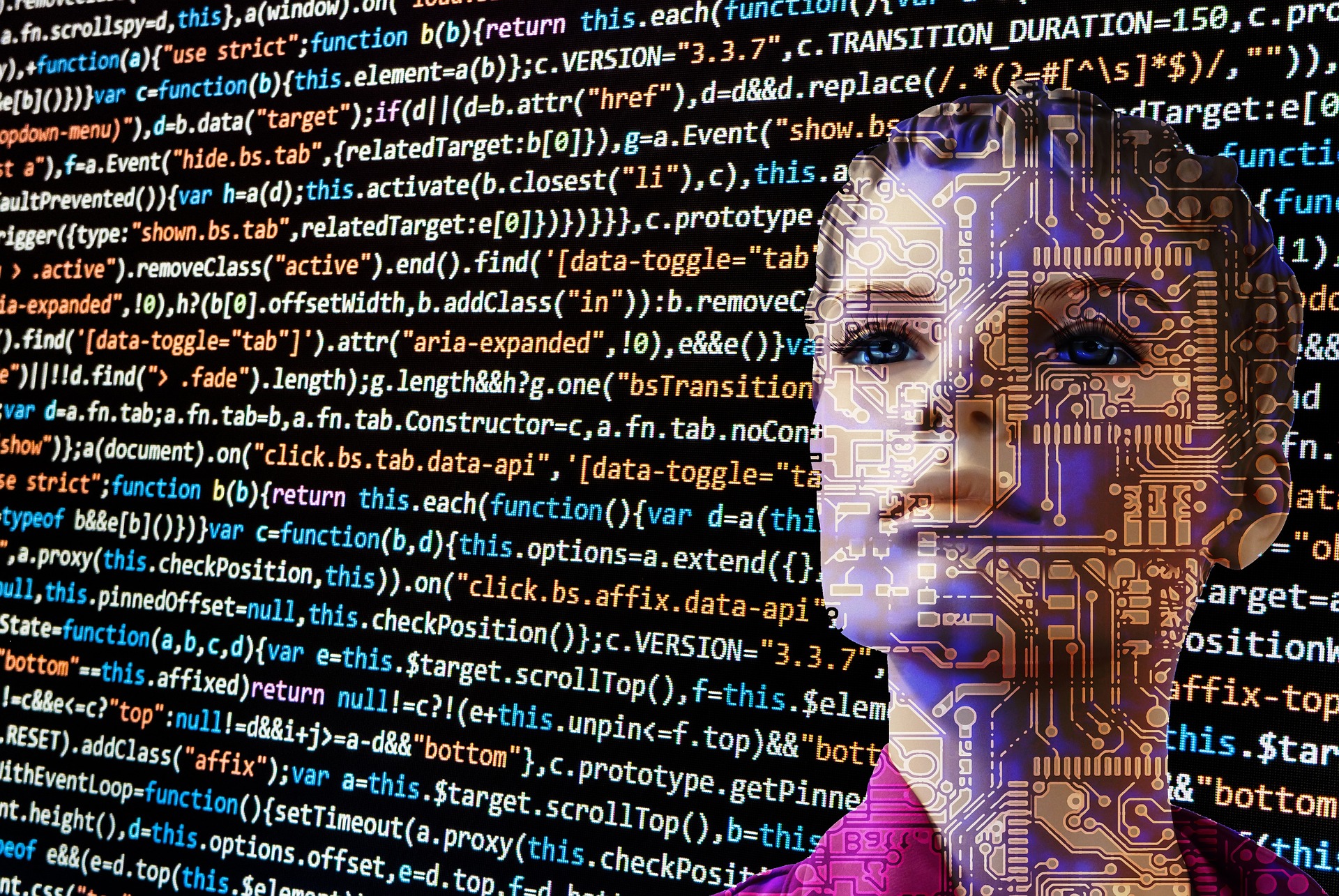The intersection of artificial intelligence (AI) and the Internet of Things (IoT) has created a new field known as AIoT.
AIot has the potential to transform numerous industries and revolutionize the way we live and work. It refers to combining AI and IoT technologies to create intelligent and connected systems that can learn from and adapt to their environments.
To understand AIoT, it is essential to first understand AI and IoT. AI is the simulation of human intelligence in machines programmed to perform tasks that typically require human intelligence, such as learning, problem-solving, decision-making, and natural language processing.
Since its inception, AI has progressed greatly and is now used in various applications, including image recognition, speech recognition, and natural language processing.
Conversely, IoT refers to the network of physical devices, vehicles, home appliances, and other items embedded with sensors, software, and connectivity that enable them to connect and exchange data. IoT devices can collect and exchange data with other devices and systems over the Internet, allowing for more efficient and automated processes.
The convergence of these two technologies creates an entirely new field that has the potential to transform industries and create new opportunities for businesses.
AIot enables devices and systems to become smarter and more efficient by combining AI algorithms’ power with IoT devices’ data collection capabilities. This creates a feedback loop where IoT devices gather data, which is then processed by AI algorithms to generate insights and actions, which can then be used to improve the performance of IoT devices.
Benefits of AIoT
One of the most significant benefits of AIoT is its ability to automate processes previously performed by humans. AIoT has the potential to transform multiple different industries.
Manufacturing
For example, AIoT can be used in manufacturing to optimize production processes, reduce downtime, and increase product quality. IoT devices can gather data about production processes, which AI algorithms can then analyze to identify patterns and optimize the process. This can help reduce waste, improve product quality, and increase efficiency.
Sustainability
Another application of AIoT is in the transportation industry. Connected vehicles equipped with sensors can gather data about road conditions, traffic patterns, and weather conditions. AI algorithms can then analyze this data to optimize routes, improve fuel efficiency, and reduce emissions. This can help reduce transportation’s environmental impact and create a more sustainable future.
Healthcare
AIot also has applications in healthcare. Connected devices such as wearables and medical sensors can gather patient health data, which AI algorithms can then analyze to identify patterns and provide personalized treatment plans. This can help improve patient outcomes and reduce healthcare costs.
Smart Homes
Smart homes are another area where AIot has significant potential. Connected devices such as smart thermostats, lighting systems, and security cameras can be controlled by AI algorithms to create a more comfortable and secure living environment. For example, a smart thermostat can learn the homeowner’s preferred temperature settings and adjust them automatically, reducing energy waste and lowering utility bills.
Agriculture
AIot also has applications in agriculture. Connected devices such as soil sensors and weather stations can gather data about soil conditions, crop growth, and weather patterns. AI algorithms can then analyze this data to optimize crop yields, reduce water waste, and increase sustainability.
AIot can also improve public safety. Connected devices such as cameras and sensors can monitor public spaces and detect potential threats. AI algorithms can analyze this data to identify patterns and alert authorities to potential safety risks.
Despite its many benefits, AIot also presents some challenges. One of the main challenges is data privacy and security. IoT devices are often connected to the internet, making them vulnerable to cyberattacks. This is particularly concerning in industries such as healthcare and finance, where sensitive data is often collected and stored.
The Importance of AIoT
Before I discuss the importance of AIoT, it is important to remember that it is still quite experimental. Few companies are working on it, and even fewer manufacturing companies are using this new technology.
The important thing to know about AIoT isn’t what it is doing now but being aware of what it is and its potential.


